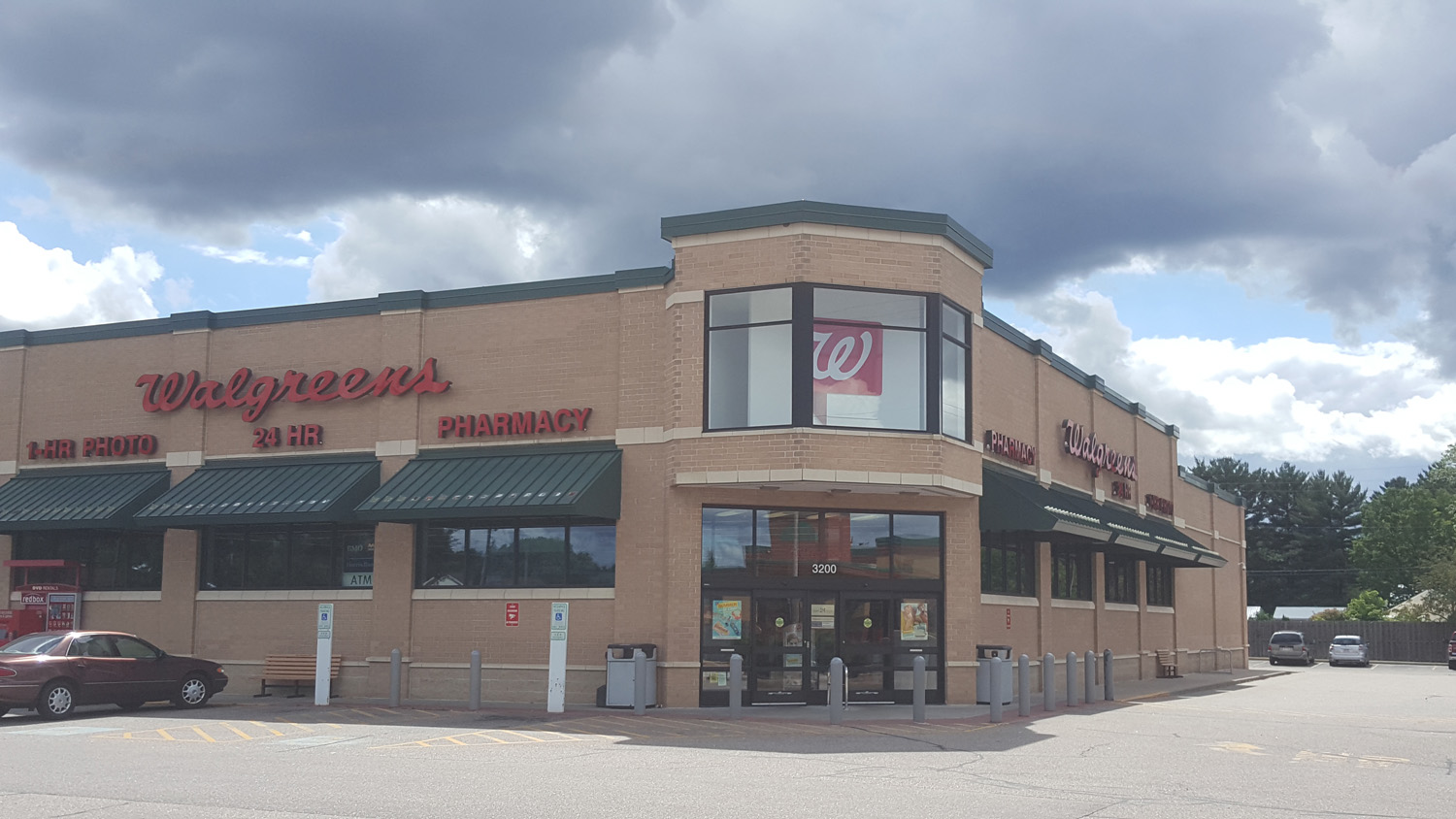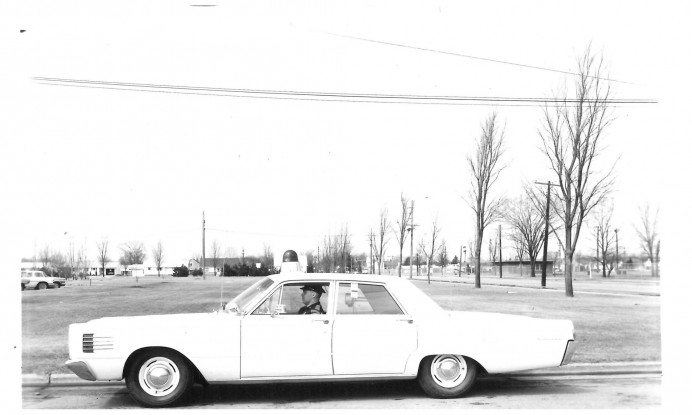City Joins Fight Against ‘Dark Store’ Loopholes

By Joe Bachman
WISCONSIN RAPIDS — City officials have overwhelmingly come out against ‘dark store’ practices, which shifts tax burdens from large retailers to residents.
Passed by common council members, the resolution is in support of bills S.B. 291 and A.B. 387 that seek to reverse the 2008 Walgreens State Supreme Court decision, (Walgreens v. City of Madison) as well as bills S.B. 292 and A.B. 386. These bills will close the loopholes used by ‘big box’ retailers that continue to shift tax burdens from commercial to residential property owners.
Called the ‘dark store tax loophole’, large retailers, such as Walgreens, CVS, Walmart, and others, are allowed to pay less in taxes due to an assessment of the store’s property based solely on ‘bricks and mortar’, and not the value of the business, as well as products and inventory carried in store.
According to the League of Wisconsin Municipalities, large retailers make the case that the value of a property is the same whether it is an abandoned building, (a ‘dark store’), or a flourishing and profitable business. Many retailers believe they are overtaxed in most cases. Wisconsin Rapids will join 44 other municipalities in the state that have passed resolutions in support of reversing the dark store loophole.
“What this resolution means for homeowners is now we’re going to be protected from any type of lawsuits from big box stores,” said Alderperson Thaddeus Kubisiak. “Whether it’s a pharmaceutical company or a big box hardware store they can’t file a lawsuit against the city for this ‘dark store loophole’ that exists in the first place.”
How Dark Store Loopholes Affect Homeowners
Due to shifts in tax burdens from big retailers to homeowners, residents from other municipalities have seen an increase in their property tax by as much as 17% — such as the case with Pleasant Prairie. Other areas, such as La Crosse, West Bend, Hudson, and Wauwatosa have seen jumps anywhere from 7-9% in homeowner property taxes.
Wauwatosa is currently in a battle with Lowe’s, who claim their property is only worth $7 million, while the city assessed the property at $16 million. This also goes for Nordstrom, who claims their property is only worth $10.8 million, while the city assessed it at $29.9 million.
This means a near $400 hike in property taxes that lands in the laps of some Wauwatosa homeowners. It’s a trend that continues across the state. According to the League of Wisconsin Municipalities, homeowners could see a total $187 million dollar tax shift from commercial to residential taxpayers.
Writing to Local Legislators
According to city documents, homeowners in Wisconsin already pay 70% of total statewide property tax levy. With this resolution, the city joins the fight with 44 other municipalities to urge Gov. Walker to support legislation that would take down dark store practices.
Recently, Indiana passed a measure that shut down the dark store loophole entirely, while Michigan currently has pending legislation to do the same. In February, Alderperson Kubisiak penned a letter to Senator Patrick Testin, urging him for support against dark store tax loopholes, stating that he, like many other residents, do not want their money going to ‘corporate welfare’.
“It’s not only going to protect homeowners, but it’s going to protect local businesses,” said Kubisiak. “There are members of the council who own a home and a business — and they would get double-dinged on that. It basically protects everybody from an irrational property tax increase because of the big box store trying to get a lower tax valuation.”






